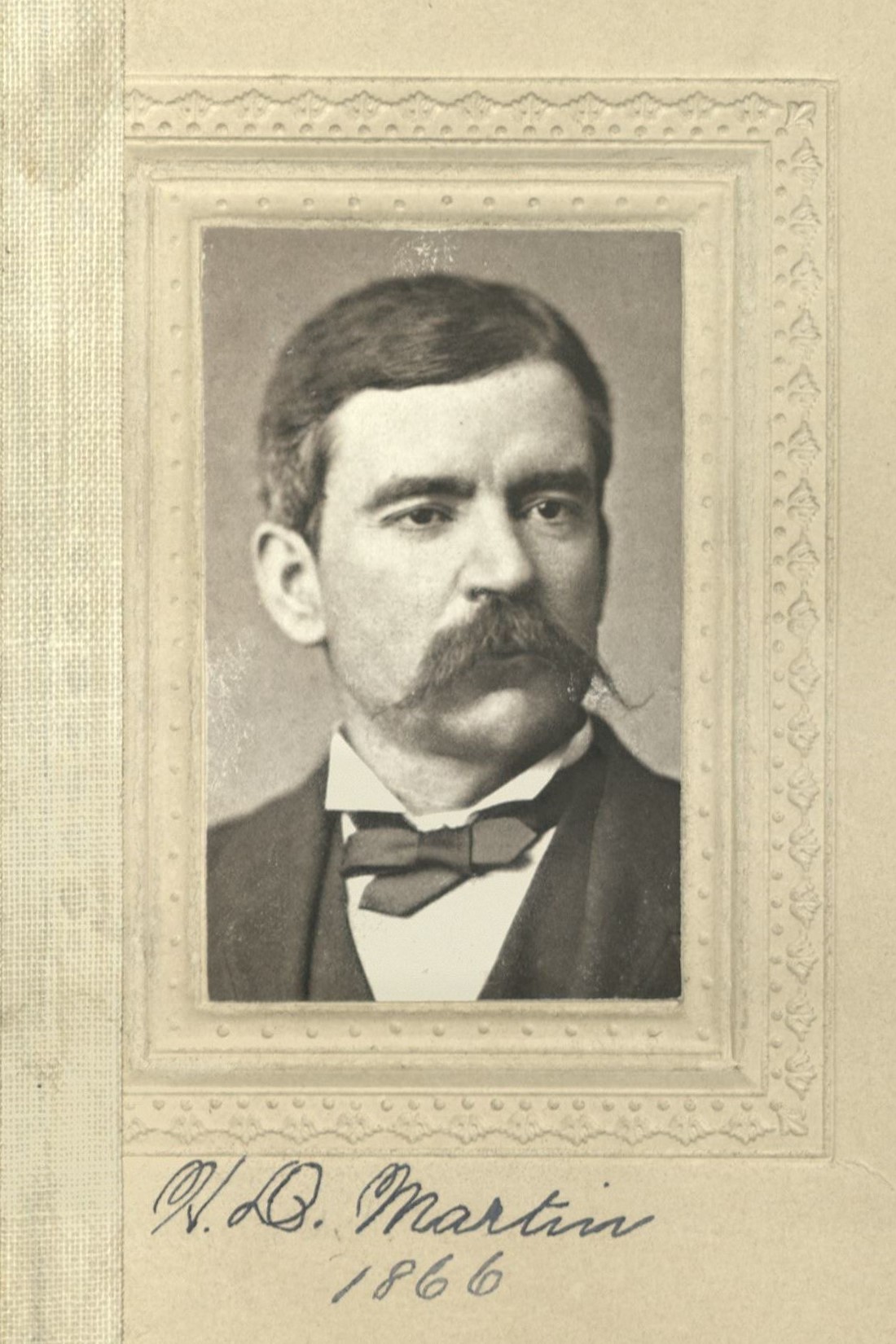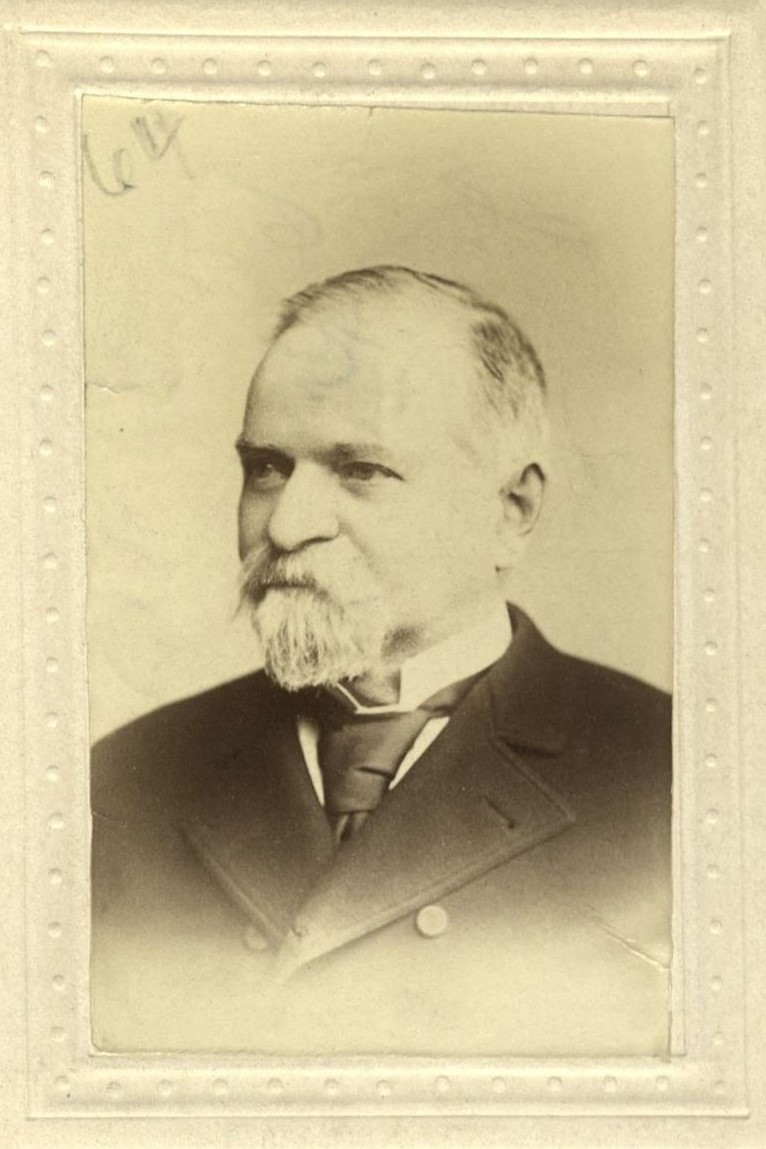Member Directory,
1847 - 1922
James Stillman
Merchant
Centurion, 1891–1918
Percy R. Pyne, Henry F. Spaulding, and Homer D. Martin
Brownsville, Texas
New York (Manhattan), New York
Age forty
Bronx, New York

Century Memorial
James Stillman was in many ways the embodiment of a financial and economic era that we all recognize to have become past history. The much-exaggerated conception of the “Money Trust,” which for a considerable period governed the ideas not only of Congress but of Wall Street itself, was based primarily on the career of a group of men among whom Mr. Stillman was conspicuous. Yet the question may fairly be asked at this distance of time—when a new and altered economic world is emerging from the great war—how far these notable financial figures were the creators and how far the creatures of the era which they dominated.
Stillman’s actual field of activity and success was the field in which the great English merchants of fifty or a hundred years ago rose to eminence. Like his London prototypes, Stillman rose from successful trading in commodities to successful trading in the large field of money. Originally a cotton merchant, he stepped into the presidency of a New York bank, not of paramount importance at the time, which he directed into the path which in due course made it the most powerful institution of the kind in this country and one of the two or three most powerful in the world. Unlike his English prototypes, his achievements fell through force of circumstance into one of the most extraordinary periods of economic expansion which have occurred in modern history. He understood not only the character of the situation, but the particular efficiency of the financial tools that had been placed in his hands. The skill with which he steered his own institution through a storm in which all the affiliations of Wall Street high finance were split apart, was proved by the result. During the war, as in the several years of his retirement from active business before the war broke out, Mr. Stillman made his home in France. It is pleasant for his fellow-Centurions to remember that his wealth and his personal service were placed unreservedly at the behest of the sorely-tried French people, whom he understood and thoroughly admired and who will not forget what he did for them.
Alexander Dana Noyes
1919 Century Association Yearbook



